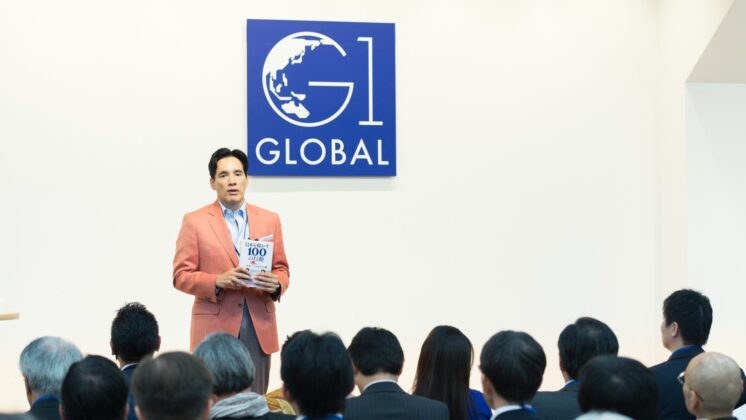In a country where freedom of speech is guaranteed under a democratic system, a quiet revolution not involving arms is necessary. To start a quiet revolution to change a whole country three things are required: 1) awareness of being a leader, 2) clear-sighted vision, and 3) the power to move public opinion. Every one of us should be aware of our role as leaders of Japan and start to turn the vision presented in 100 Actions into reality by sharing what we each can do. The principles necessary to do so are as follows.
1. Share Crisis Awareness, Develop an Interest, and Learn
We belong to a community called “Japan.” All members of this community are expected to take responsibility, develop an interest, and learn. The Japanese people’s characteristic crisis awareness, high level of interest, and strong willingness to learn serve as the source of the community’s strength. To take the first step toward action, we need to always be thinking about political and social issues, always be considering how we can make Japan better ourselves without being influenced by the media or the opinions of commentators or academics, and always be learning.
2. Proposals instead of Criticisms
It is easy to complain that politicians do nothing for us and that the government is negligent. Anybody can complain. However, criticizing will not solve anything. It is like spitting at the sky. It is necessary to instead make specific proposals on how “we can make Japan better,” rather than merely complaining about non-responsive politics and a non-responsive administration.
3. From Ideas to Actions
The world will not improve just by thinking about it. It is important to develop an interest, learn, make a proposal, and take action. Also, you cannot do everything on your own. It is therefore important to cooperate with likeminded people, divide roles among yourselves, and support each other. If a politician’s initiative is necessary, we need to become good followers and take action. If a private-sector initiative is necessary, politicians need to become good followers and give it their support. Both providing backup and taking action are important.
4. Awareness as Leaders
An attitude that lacks self-reliance, an attitude of thinking that “somebody else will do it so I don’t have to,” will improve nothing. Making the excuse that “I’m not a leader” to escape responsibility does not let you off the hook. Politicians are not the only people who are responsible for improving Japan. Every Japanese person needs to recognize his or her ability to serve as a leader of the country.
5. Let Your Voice be Heard, Disseminate Information, Participate in Voting
We must recognize our ability to lead and be fully aware of our status as members of the Japanese community who are responsible for our history and future. We need to take every opportunity to express our opinion. Keeping this constantly in mind, we must make our voices heard at home and at work, on the internet and on social media, as well as at international conferences. When an election takes place, we must vote to express our opinion. Every one of our voices, actions, and votes will change Japan.
These are the 100 Actions that Japan should take. This vision lays out a path for the future. We need to turn this vision into action by bringing together the collective wisdom of our country. I encourage all of you to join me to achieve these actions, one by one, starting with whatever you can do and doing it with a strong sense of dignity and a strong sense of your Japanese identity in order to fulfill our responsibilities for the future. When all the boxes of the 100 Actions list have been ticked, I’m sure that Japan will be a wonderful country that we can be proud of. Until this “quiet revolution” is completed, let’s continue to act. It is said that today’s Japan is as turbulent as the era of the Meiji Restoration. Let’s unite and start a quiet revolution based on 100 Actions to create a better Japan. Let’s fulfill the responsibilities of our generation and pass a sound country on to our children.



